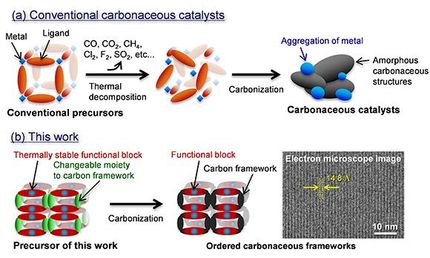Cheap, simple and efficient molybdenum carbide electrocatalysts for hydrogen production
Advertisement
US scientists have made an efficient catalytic system to split water that uses molybdenum carbide nanoparticles on a carbon nanotube support. Molybdenum and carbon are both low cost and abundant elements. Water splitting using sustainable energy sources, such as solar and wind power, has been identified as a promising technology, with the hydrogen produced being a clean fuel of the future. The current catalysts for water splitting include platinum. However, this is expensive and global supply is low. The system also has the advantage of straightforward catalyst preparation.
Original publication
W-F Chen et al, Energy Environ. Sci., 2013
Original publication
W-F Chen et al, Energy Environ. Sci., 2013
Organizations
Other news from the department science

Get the chemical industry in your inbox
By submitting this form you agree that LUMITOS AG will send you the newsletter(s) selected above by email. Your data will not be passed on to third parties. Your data will be stored and processed in accordance with our data protection regulations. LUMITOS may contact you by email for the purpose of advertising or market and opinion surveys. You can revoke your consent at any time without giving reasons to LUMITOS AG, Ernst-Augustin-Str. 2, 12489 Berlin, Germany or by e-mail at revoke@lumitos.com with effect for the future. In addition, each email contains a link to unsubscribe from the corresponding newsletter.




























































